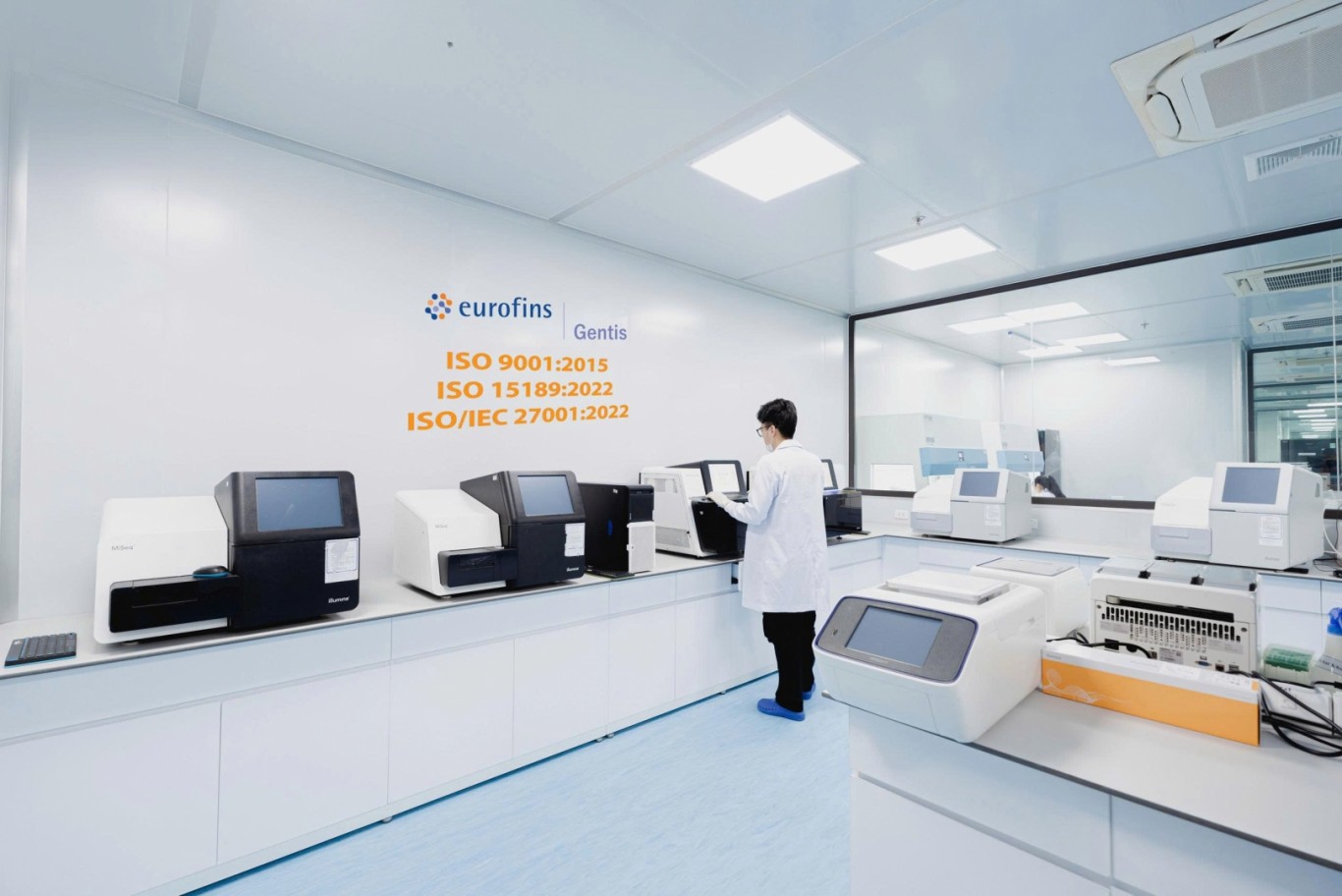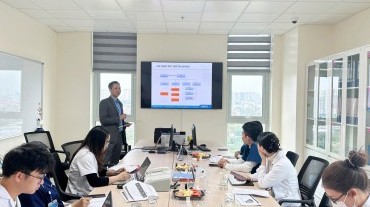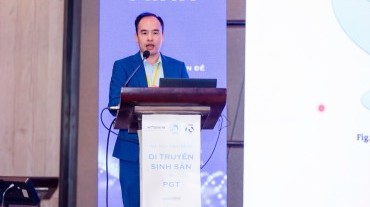Rare Diseases – A Group That Demands Attention
Rare diseases are conditions that occur infrequently in the general population, usually caused by genetic mutations, and often have a severe impact on a patient’s health. According to the World Health Organization (WHO), a disease is considered rare when it affects fewer than 1 in 2,000 people. While each disease is rare individually, over 7,000 rare diseases have been identified, affecting approximately 300 million people worldwide.
These diseases are typically serious due to their complex nature and the lack of effective treatments. Many manifest severely from birth, leading to congenital defects, developmental delays, high mortality rates, or lifelong disabilities. Because of the low prevalence, developing treatments and diagnostics remains a major challenge, limiting access to care.
However, advancements in genetics, assisted reproduction, and prenatal diagnostics have expanded our ability to screen and manage rare diseases, offering hope for couples wanting to conceive and give birth to healthy children.
PGT-M for 100+ Rare Diseases: Bringing Hope to Families with Genetic Risks
In clinical practice and research, medical genetics plays an increasingly vital role. Preimplantation Genetic Testing for Monogenic Disorders (PGT-M), combined with assisted reproductive technologies, has brought joy to many infertile couples by allowing them to have healthy children and contribute to reducing the incidence of monogenic rare diseases in the community.
PGT-M is performed during in vitro fertilization (IVF) and is used to detect and select embryos free from disease-causing genetic mutations before embryo transfer into the uterus
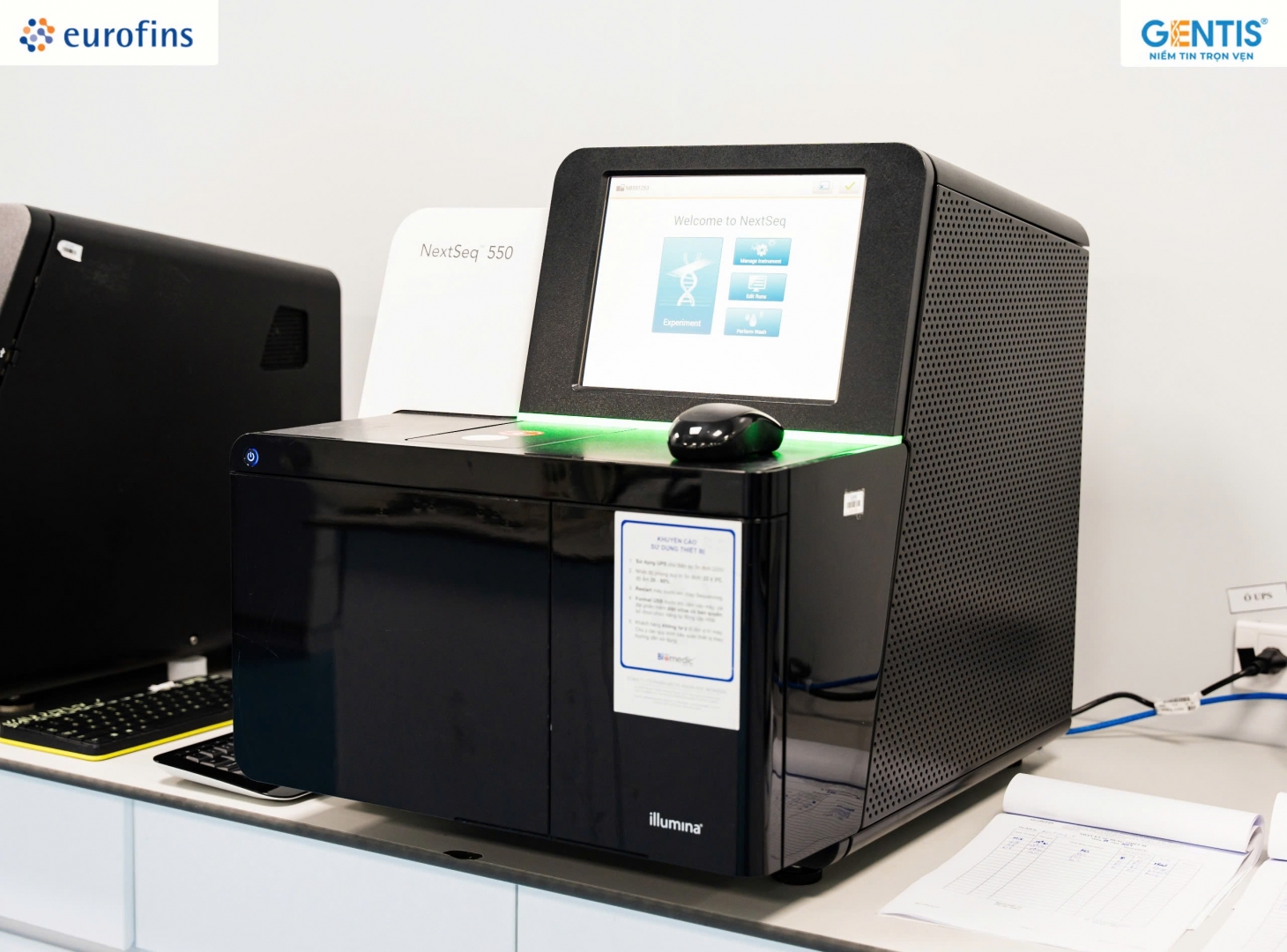 GENTIS Utilizes Modern Technologies for PGT-M Testing
GENTIS Utilizes Modern Technologies for PGT-M Testing
PGT-M plays a key role in screening and preventing rare diseases, especially in couples with a family history of genetic conditions. By ensuring that only embryos without the disease-causing gene are transferred, this test not only reduces the burden of genetic disease on families but also improves the overall health of future generations.
Applying PGT-M in assisted reproduction marks a significant breakthrough in medicine, offering hope and a path forward for couples who wish to have healthy children, while reducing the risk of passing on rare genetic diseases.
At GENTIS, PGT-M can detect over 100 rare diseases caused by gene mutations, helping minimize the risk of giving birth to a child with a severe genetic disorder.
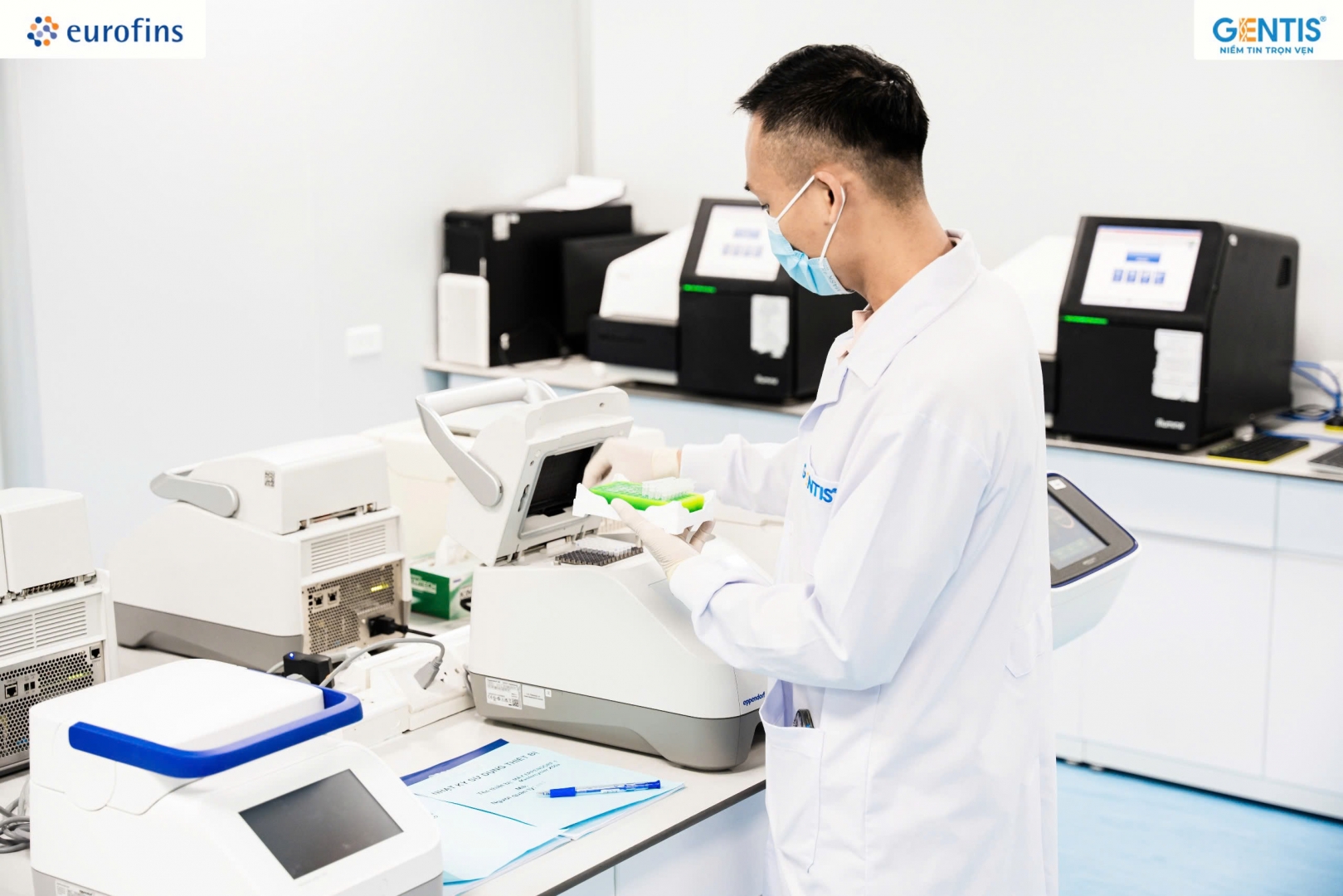 A Highly Skilled Team at GENTIS
A Highly Skilled Team at GENTIS
Outstanding Advantages of the PGT-M Test for 100+ Rare Diseases:
This specialized test not only brings hope to couples carrying genetic disorders but also offers multiple advantages for optimizing genetic screening right from the embryonic stage.
One of the most significant benefits of GENTIS’s PGT-M test is the ability to accurately analyze over 100 monogenic disorders, capable of detecting even subtle variations in DNA that may cause disease.
Using next-generation sequencing (NGS) technology combined with customized family-specific marker design, PGT-M ensures precise identification of healthy embryos, increasing the chances of a successful, healthy pregnancy.
Additionally, the PGT-M service for 100+ rare diseases is supported by a team of expert genetic counselors, who guide patients before, during, and after the testing process.
.jpg) Expert-Led, Patient-Centered Genetic Counseling at GENTIS
Expert-Led, Patient-Centered Genetic Counseling at GENTIS
Before testing, counselors help couples understand their genetic risks, explain disease mechanisms, and assess the necessity of the test. Throughout the testing process, experts closely monitor each stage to ensure result accuracy and appropriateness.
After results are available, the team continues to provide support by interpreting clinical implications, guiding couples in selecting the best embryos, and proposing tailored reproductive strategies if necessary.
Thus, PGT-M is more than a screening tool — it is a comprehensive solution, offering peace of mind to families at risk of transmitting genetic conditions.
According to Assoc. Prof. Dr. Francesca Spinella (Former Chair of the ESHRE PGT Consortium and Genetic Consultant at Eurofins GENTIS), PGT-M plays a vital role in the field of reproductive medicine. This test allows for the screening of monogenic disorders and ensures that only embryos without genetic mutations are transferred — bringing hope to couples struggling with infertility and genetic risks.

